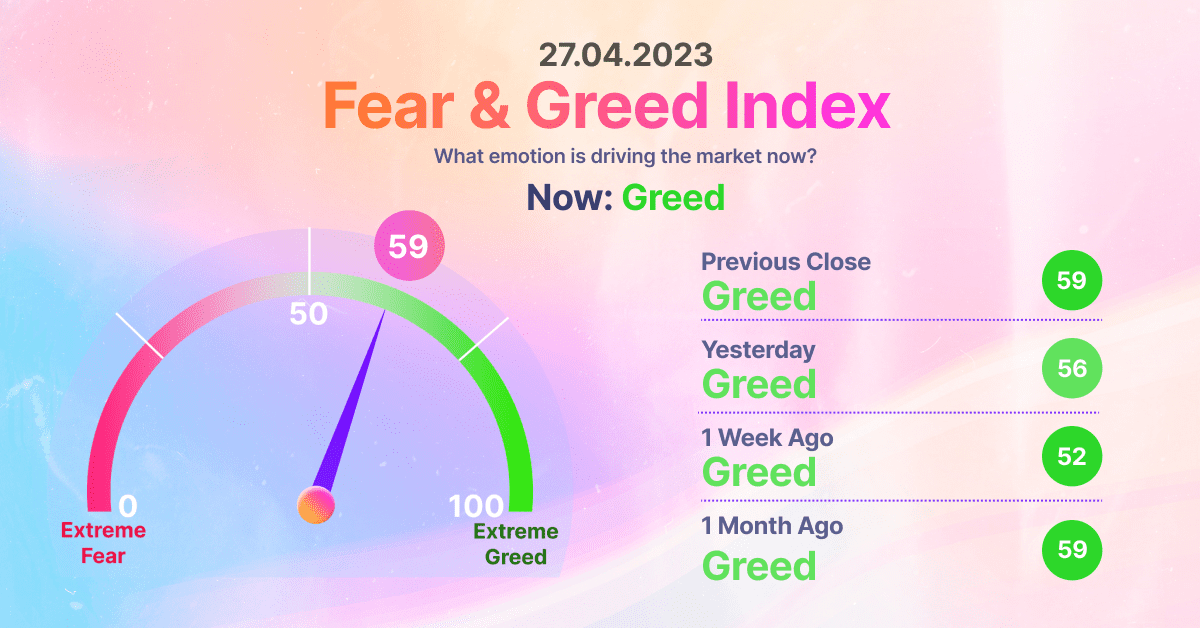Bitcoin drops after US and Mt.Gox rumors; Google’s new 2FA validator may not be secure; Circle launches USDC transfer on Ethereum and Avalanche
Bitcoin value slumped after rumors emerged that US and Mt.Gox wallets were trading BTC.
Although the Bitcoin price reached above $30,000 after a strong rally today, recent news has turned accounts upside down. The leading cryptocurrency fell below $28,000, following the US and Mt.Gox rumors.
The news has affected Bitcoin
According to The Block’s report, market data has caused problems for both long and short positions. According to data shared by Coinglass, the amount of liquidated Bitcoin has surpassed $200 million in the last four hours.
The reason for the emergence of this situation was the claim made by Arkham. According to Arkham, Mt.Gox and US government wallets processed Bitcoin transactions. Many people expressed that the news shared by Arkham was a mistake.
The address where the US government hosts the stolen Bitcoins from Silk Road holds $1.9 billion worth of Bitcoin at the time of writing. Today, although a transaction occurred from this address, it was only worth $0.19.
The Block reported that it reached Arkham for detailed information on the matter, but did not receive a response.
Arkham stated that the post he made after a short time was caused by an mistake.
Circle launches USDC transfer on Ethereum and Avalanche
Circle, the issuer of US Dollar Coin, announced on April 26 that it had launched a mainnet protocol that allows users to transfer USDC between Ethereum and Avalanche.
As it is known, Avalanche users holding USDC on Ethereum had to accumulate their tokens in a Circle partnership or use a third-party bridge to transfer their USDC from one network to another. The new Cross-Chain Transfer Protocol (CCTP) is now expected to eliminate this need for USDC bridges.
The Circle team released a video on April 13 showing how the new protocol works. In the video, it was stated that unlike a traditional bridge, the protocol will not lock tokens sent to its contract. Users will be able to use these new tokens for direct bank deposits by depositing them with Circle or its partners.
In the announcement, the team said that it expects CCTP to resolve the split issue in the Web3 ecosystem. Currently, there are multiple unofficial versions of USDC circulating on various networks. Most of these arise as a result of bridging tokens in one network to another. Now that there is an official way to transfer tokens from one network to another, the team expects the use of these unofficial copies to gradually decline and token usage become less confusing.
The Circle team added that the largest cross-chain protocols, including Celer, Hyperlane, LayerZero, LI.FI, MetaMask, Wormhole, and others, promise to use CCTP going forward.
Google’s new 2FA validator may not be secure
Google has released an update for its popular authenticator app that allows users who have lost their device to retain access to two-factor authentication (2FA).
In a blog post published on April 24, Google announced that one-time codes will be stored in the user’s Google account. He claimed that in the new update, users will be “better protected from lockdown” and that this will “provide convenience and increase security”.
In a post to Reddit on April 26, one user wrote that the update helped users who lost their device, but made them more vulnerable to hackers.
By being stored in the cloud storage associated with the Google account, it means that anyone who can access the user’s Google password can then gain full access to the authenticator-connected apps.
The user suggested that as a possible way to get around the SMS 2FA issue, it’s a good idea to use an old phone that’s only used for this process to use your authenticator app.
Likewise, cybersecurity developer Mysk shared additional issues with Google’s cloud storage-based 2FA solution on Twitter.
This can be a major concern for users who use 2FA with Google Authenticator to login to crypto exchange accounts and other financial services.


